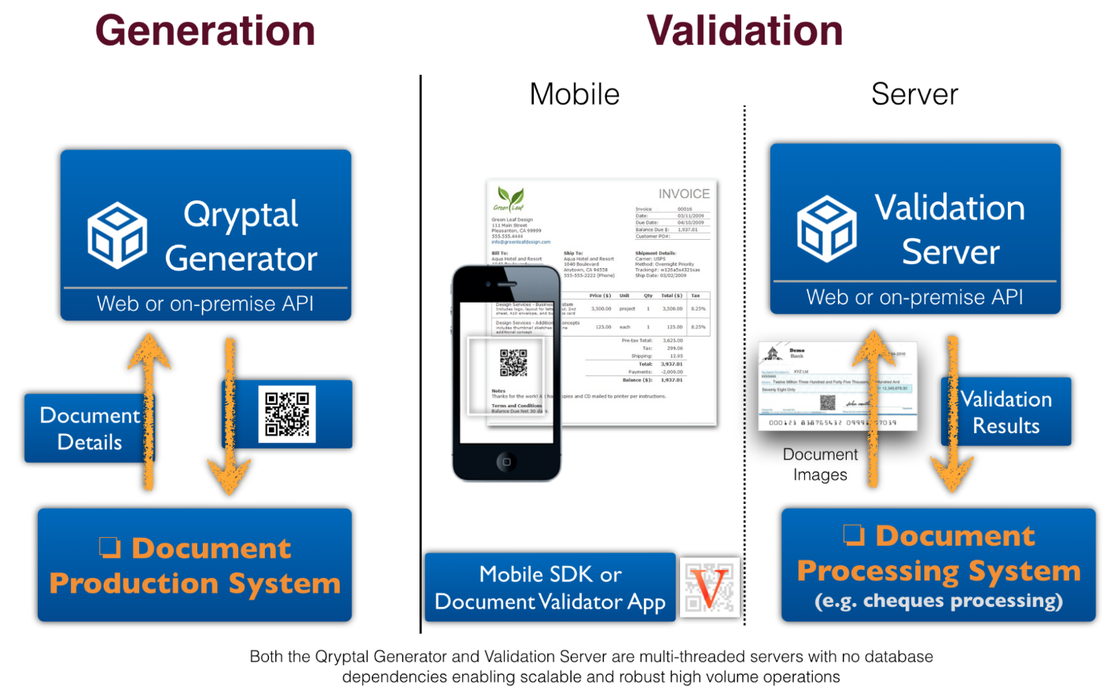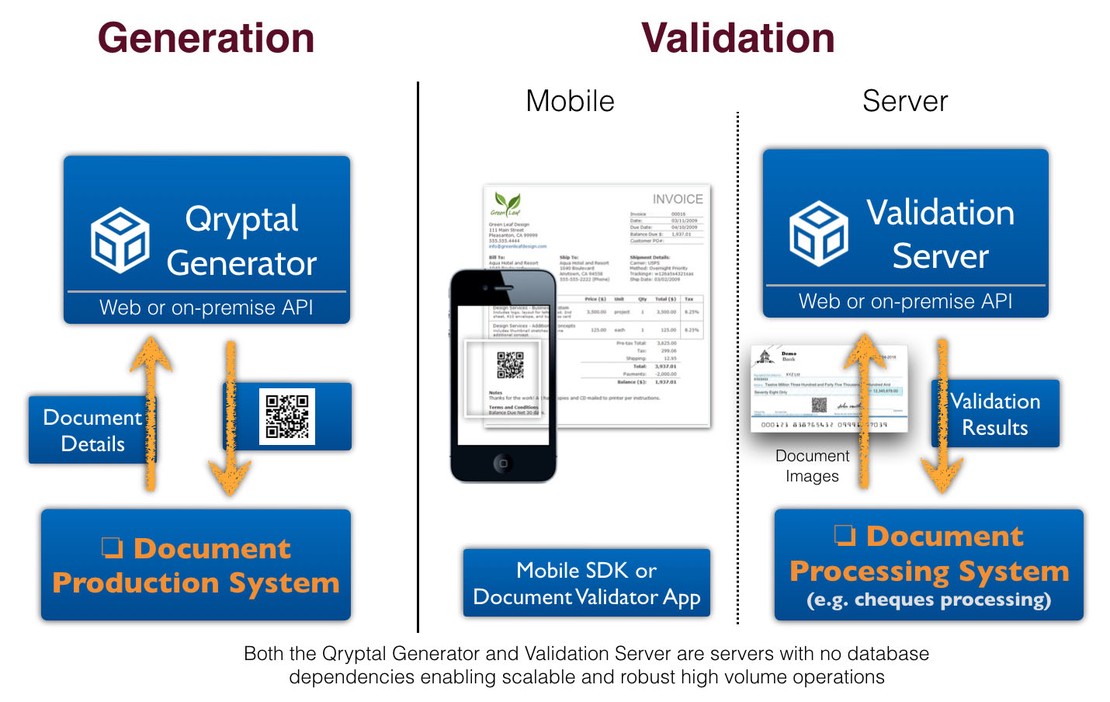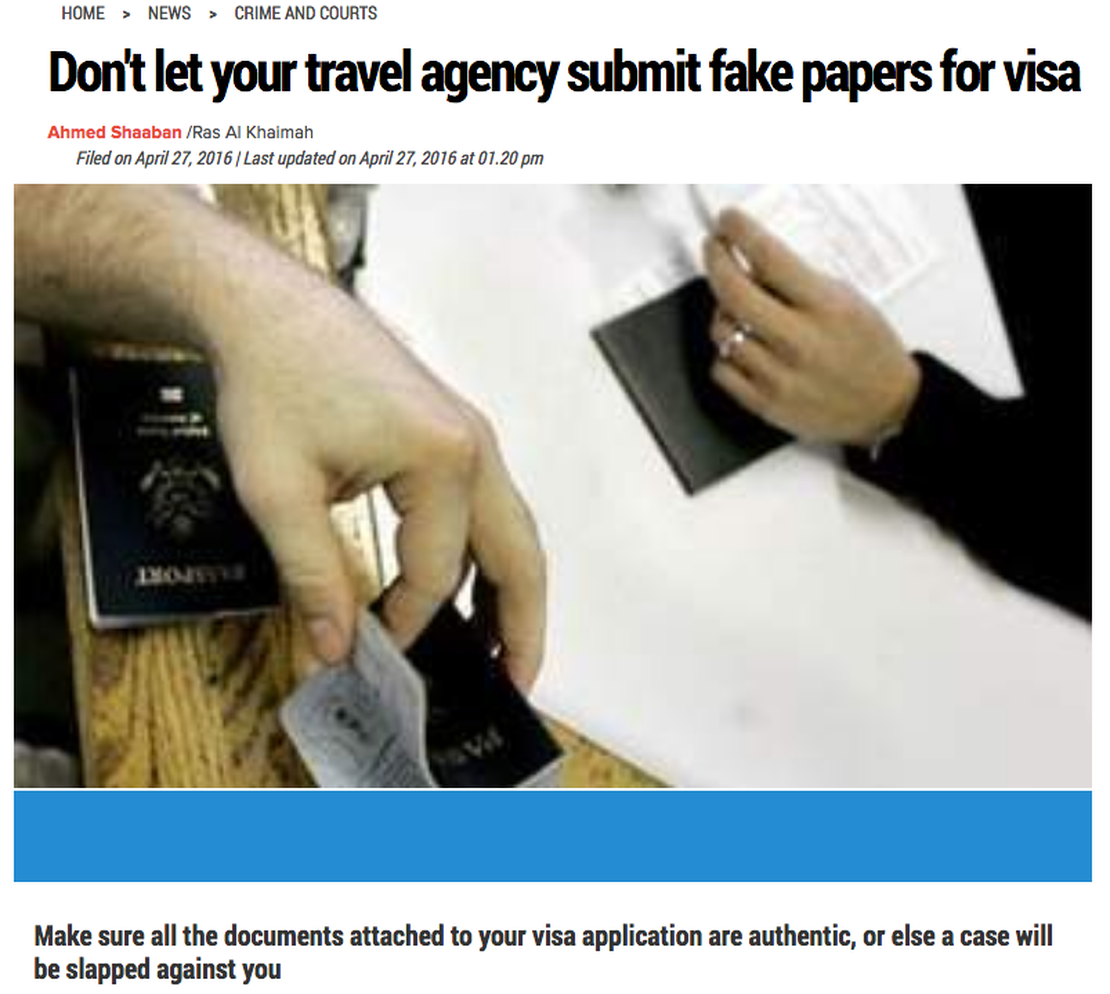Embracing the Future: Digital Birth Certificates with Verifiable QR Codes
- Rajesh Soundararajan
- May 10, 2022
- 3 min read
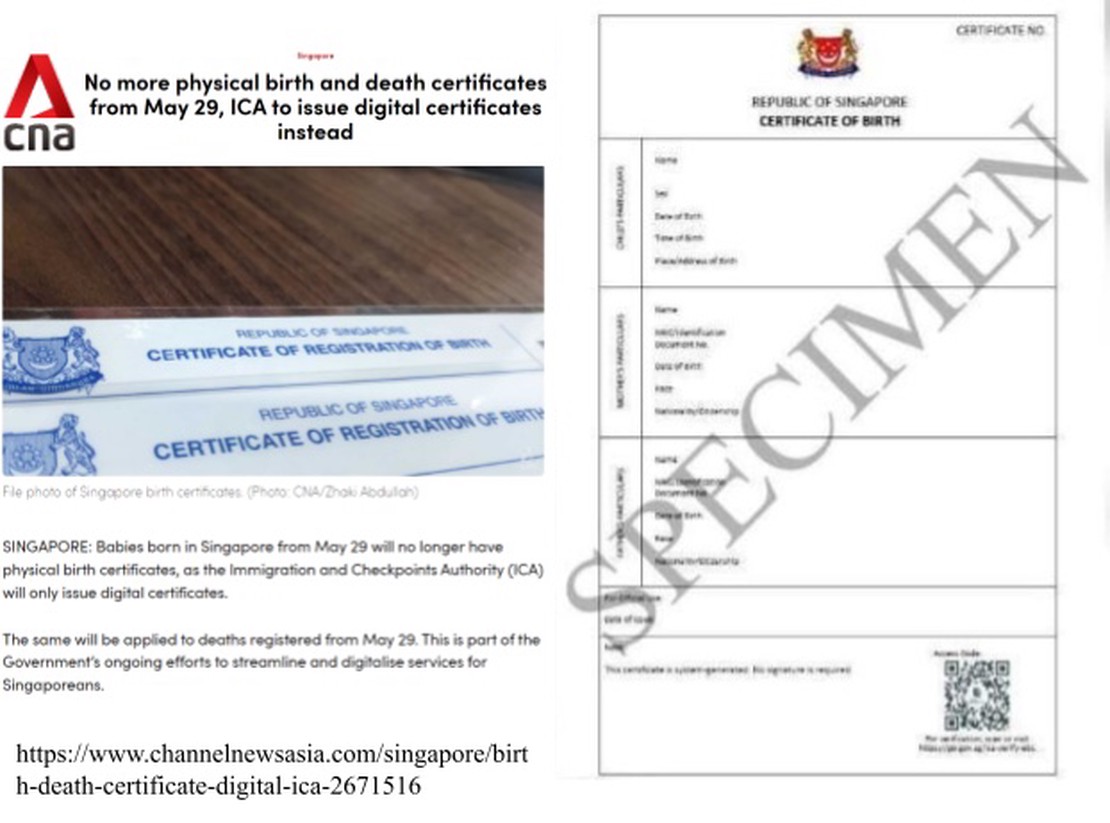
Singapore Pioneers Digital Birth Certificates for the Modern Era
Singapore has always been at the forefront of innovation, setting the pace for the rest of the world to follow.
In a groundbreaking move, Singapore has announced that only digital birth certificates will be issued to newborns, discontinuing physical certificates.This is part of the Singapore government’s ongoing efforts to streamline digital services for its citizens.
The new QR-coded birth and death registration certificates, facilitated by an app-based registration process, greatly simplify the experience for parents of newborns and next of kin of the deceased. These certificates can be easily downloaded and stored on mobile devices and laptops.
This digital transition not only accelerates digitalization but also optimizes resource allocation in hospitals and government agencies.
Registering Births and Deaths
Parents will be notified to download their child’s digital birth certificate on the ICA’s (Immigration and Checkpoints Authority) website using the electronic retrieval of certificates and instant verification e-service. Parents can download the digital birth certificate for up to 90 days, and the same can be stored and saved on their devices.
For deaths, once the medical practitioner certifies the death, the information is automatically logged in ICA’s system, generating a digital death certificate. The medical practitioner or hospital staff member will provide the next of kin with information such as the digital death certificate number, allowing them to download the certificate from the ‘My Legacy’ portal within 30 days. The certificate can then be stored on their devices.
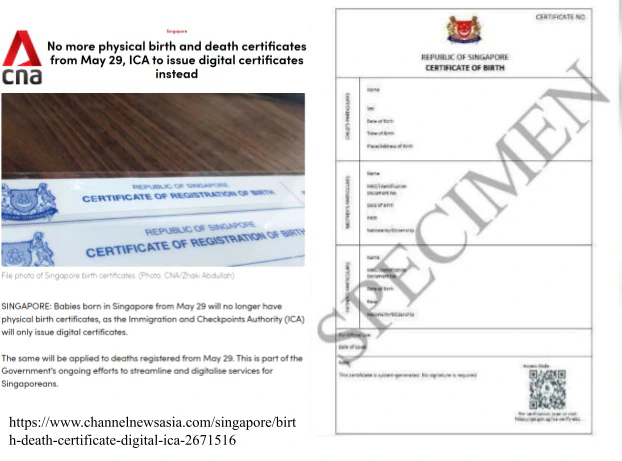
Implementing Digital Certificates for Government Authorities:
These are the typical requirements for implementing such a system:
‘Third-party validators’ need to verify these documents throughout a person’s life cycle or for various purposes following their death.
For security reasons, you don’t want these ‘outside’ verifiers to access databases, servers, or systems.
The certificate issuing authority should ‘issue a verifiable document’(e.g., PDFs with Secure QR) generated by the core system in physical or digital formats (phygital).
Qryptal’s secure QR solutions can quickly achieve this and often be deployed within days. Having collaborated with governments worldwide, Qryptal’s innovative architecture provides ALL the above and more:
Architecture:
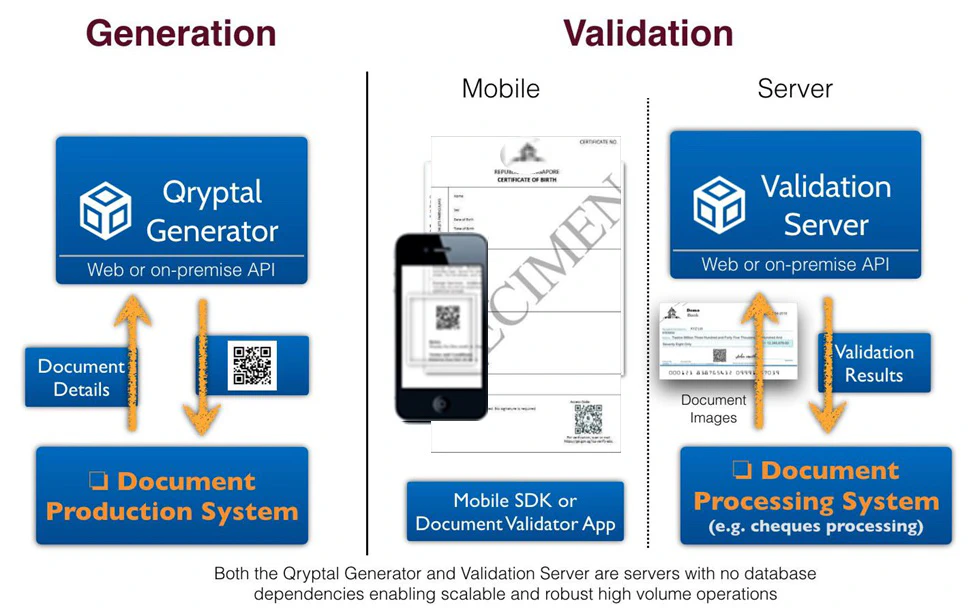
3072-bit Security: Qryptal’s Secure QR code solution is based on PKI, offering an equivalent of 3072-bit security, far surpassing the typical security level of issued birth certificates.
Offline Verification: Qryptal’s self-contained QR code eliminates the need for network connectivity during validation. This enables verification to work anytime, anywhere, even in secure air-gapped environments.
Physical-digital: Qryptal’s solution works for both electronic and printed birth/death certificates. The secure QR code is generated digitally and can be placed on physical and electronic versions of the document, ensuring the same level of security and easy verification for both formats.
Privacy: Qryptal helps safeguard and protect the privacy and confidentiality of the issuing authority, institution, and document holder in a simple and logical manner.
Serverless Architecture: Qryptal’s QR code solutions are built on a server-less architecture, enabling easy scalability and minimal maintenance. With no servers involved, once the document is issued, no further infrastructure is required to keep it verifiable and tamper-proof.
You may also like -
- Why does Secure QR code score over Blockchain?
- How does the Secure QR solution work?
- Prevent forgery of Account Statements
